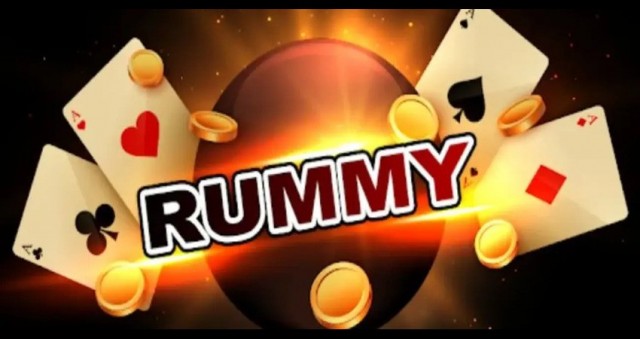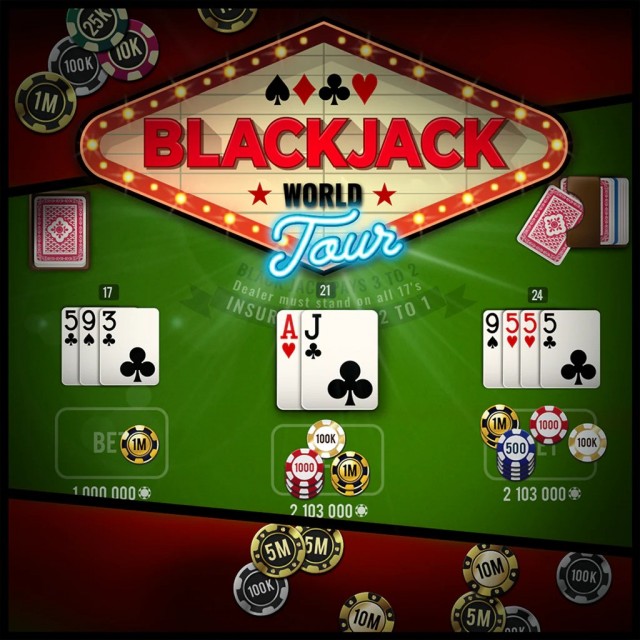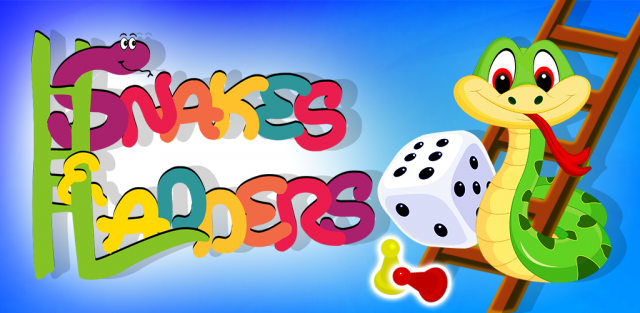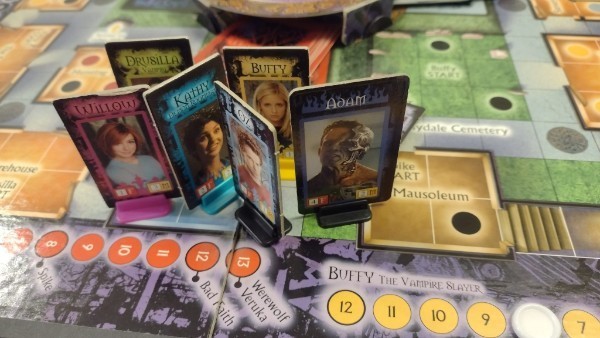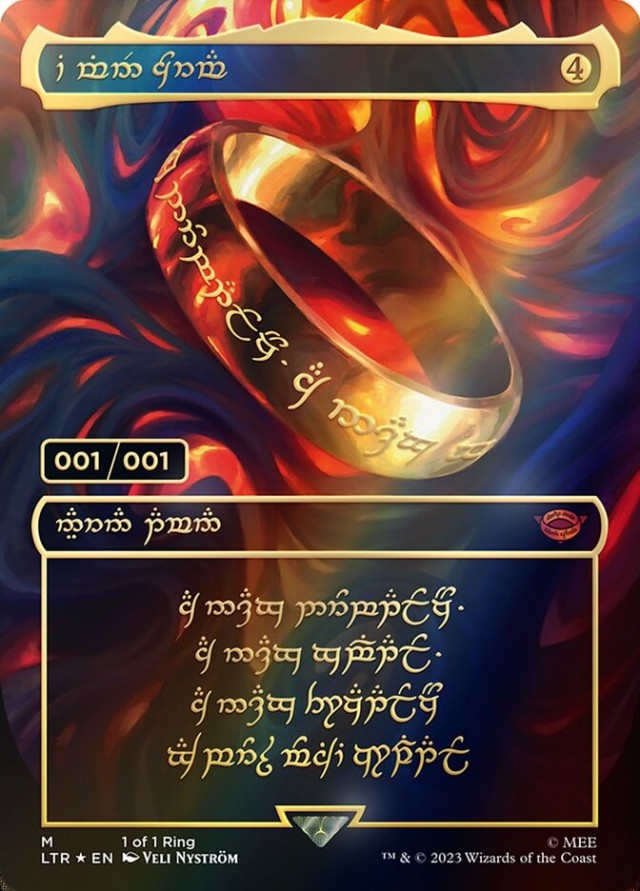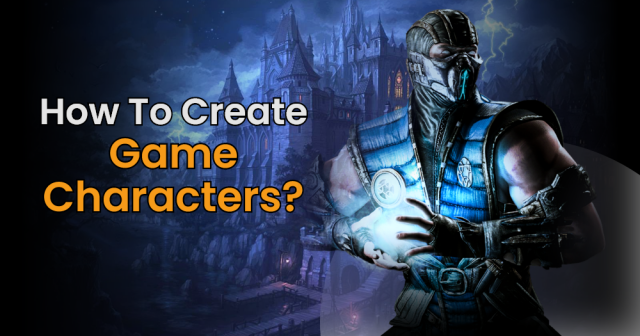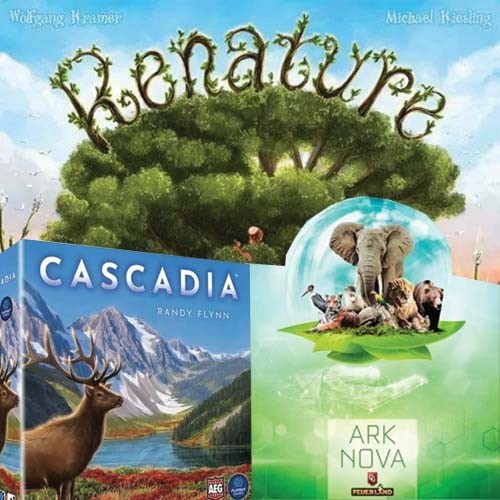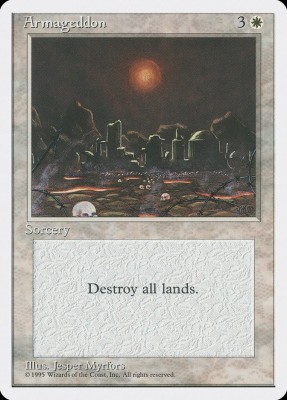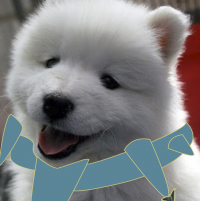Min-maxer is a bit of a misnomer. Tryhard. Getting closer. Optimizer? Optimist - one who kicks ass half full.
I've spent the majority of my gaming life wanting to win, or at least wanting to avoid losing, but I've kicked that habit, and here's how and why. By cutting my emotional ties with winning, I feel better, and in some cases, even win more anyway.
It's 1991. I am 6. My dad and I pick up a $3 plastic Chess set that came with a red and black checkers board. He claims he was never a great chess player, but he holds nothing back and beats me every evening for a month. Until one night I beat him. I still remember how the board was laid out. I never got into chess enough to describe the grid like I was calling out moves in Battleship, but two of his pawns were blocking the diagonals in front of his King, my bishop was a ways back and threatening the space in front of his King and next to it, and then my Queen went diagonally the other way to his back row. Checkmate. I hadn't even gotten him in check the whole game, and it was over. No recourse. He was surprised. I was elated. He asked immediately for a second game. Which I lost. Perhaps on purpose.
It's 1994. The first two people I played Magic: the Gathering with were teenage girls: my older sister, and her friend Megan. I demand to play. It looks so cool. They tell me to go read the rulebook. It's the height of a card, but many pages. I come back an hour later, and try one of their decks. I don't remember what happened, but I do remember going to the local comic shop shortly after and getting a Shivan Dragon and a Fire Elemental in my first starter deck. I play Megan for ante with my makeshift Red deck. (Maybe I traded cards with my sister? Not sure how I got enough red to play a deck from one starter, but that's what I remember). My Shivan Dragon comes as the ante card. I lose. I cry. She gives me my card back. We have a rematch. Shivan Dragon came up again, and again I lost. I cry. Remember, I'm 8, maybe 9, and a sensitve kid. She gives me back my card, and we never play for ante again.
Despite this experience, I went on to play a lot more Magic over the next couple years, long after my sister and her friend lost interest. I used it as a tool to make friends at my new school in 5th and 6th grade. I was one of the better players in our little group. My best friend and I used to hang out a shop on Saturdays and play in tournaments. We were pretty bad, but we also lacked the cash to truly compete, even in type II. We'd beg for allowance to pick up a starter deck every week or two. I usually played Red and Green, to try to get Shivan Dragons out as early as possible thanks to cards like Tinder Wall, Llanowar Elves, and Orcish Lumberjack. At some point I collected enough cards to build a Green/White Armageddon deck, which won by getting a lead and then making it so your opponent couldn't play any more cards. I won a small tournament at my friend's house using this deck.
When middle school started, I went to a different one than all of my friends, so I stopped playing Magic for a bit. I retreated into video games, mostly JRPGs and the occasional fighting game. I managed to make a competition out of that. I beat Final Fantasy 7 a day before my friend, V. I enjoyed it a lot less than some of the early SNES RPGs I played for some reason.
The Pokemon card game hit in 1999, and my friend down the street who was homeschooled and I got into it. Harkening back to my Armageddon days, I created a truly hellish pokemon deck built around destroying your opponent's energy and slowly killing them with poison, confusion, and other status effects. I don't know if would have held up to tournament play, but I managed to suck all the fun out of the game. He bought 10 booster packs of a new set, made a deck specifically to beat me, and still lost. He quit the game, and we both stopped playing. We both look back and talk about this even now, nearly 25 years later. He thinks he should have "got gud," while I think it was emblematic of my nearly sociopathic focus on winning despite the strain on our friendship.
In high school I got back into video games, and eventually into Halo. Played a ton in college too. It's legitimately home to some of my best gaming memories of any kind, probably worth an article on its own about context informing how enjoyable games are and how we interact with and evaluate them. Eventually I got more into Halo than my friends and even started spending time on Halo forums. And then World of Warcraft and forums associated with it. My time on forums there probably planted the seeds for what happened next.
It's 2007. The summer after I graduated college, my best friend from down the street gave me Heroscape as a birthday present. I immediately sought out the Heroscape forums and sucked up all the strategy info I could. Less than 3 months after my first game, I played in a tournament or two and wrote an article that spawned the Strategy section of the Heroscapers.com forums. It did not exist until the admins didn't know where to put my goofy article about color coding units and how they interact with the order marker system. I went on to write more pages about Heroscape than I probably did for all of my classes in college. I was that obsessed. I'd drive hundreds of miles to play in tournaments around the midwest, wearing a sport coat over a t-shirt to most of them. It became my thing. But I wasn't the best player. I only won a few tournaments here and there, often when I'd ignore my own advice about what was 'best' and just play things that I liked. Some of my most frustrating moments in all of gaming came at large tournaments when I'd play 'good' armies, lose to lesser ones due to bad luck (or other reasons) and get all sore about it afterwards. I had built myself up as some strategic mastermind, and I felt that I had to perform well to justify it.
2010-2011 also saw me returning to Magic to play Standard with the cheapest deck I could muster. Kuldotha Red was a cheap deck that ran $80-150 depending on whether you sprung for Mox Opals. I did not. But I still managed to go 2-2 in some FNMs and make some dudes with $1k control decks complain when they'd lose a match due to me swinging for 14 on turn 4. I remember seeing some people playing EDH (Elde Dragon Highlander, now called Commander by Wizards of the Coast), but didn't really get into it.
Concurrent with the fall of Heroscape was the rise of Plaid Hat Games, and the first run of Summoner Wars. I was brought on to help test because of my work on Heroscape stuff and the relationships I had built with the people who started the company. I won some of the first few live tournaments for it in its nascent days, but quickly fell behind the best players when Playdek released the app for phones.
This will probably sound odd, but I really fell out of testing Summoner Wars because I lived with guy from down the street and [other childhood friend] during my mid twenties. We'd hold massive house parties every six weeks and drink on weekdays and generally do stupid stuff and play multiplayer or less competitive games. After one bout of alcohol-induced insomnia I discovered I had bipolar disorder and was hospitalized. In hindsight, my obsessive behavior, emotionality, and addictive tendencies may have been warning signs. This among other things, is probably why I'm not a game designer or something now. I strained my relationship with Plaid Hat during this time and was unreliable. Also the meds I was on after this first episode knocked me the fuck out for like 2 years.
In 2015, I got a new girlfriend. She remembered me picking her card in Cards Against Humanity at one of these large parties. I get her into other games, but we play stuff like Tragedy Looper or X-Wing together the most.
it's 2017. I start a game store under a large chain with a less than stellar business partner. It ultimately falls apart, in part because staying up late to run midnight pre-releases and going off my medication is not a good cocktail for people with my condition. In the meantime, I get back into commander because that is the de facto Magic format of the day, and cook up some interesting budget brews. I began to detach myself from tournaments altogether as a competitor, and instead act as a facilitator. I kill my ego to find out how best to serve my customers and find out what they like. But I still failed, for reasons I won't go into too much detail here.
It's 2018. I'm removed from my store after my second psychotic break. My (now) wife (a mental nurse no less) helps me find part time employment here and there, but our relationship starts to decline. We stop playing games for fun. Pandemic Legacy Season 2 is just not as good as the first one.
It's 2019. I need to get a full time job or she's done. I get a low level office job and I'm miserable. She says I'm distant. I go back to playing WoW (Classic) in my spare time. She cheats on me. It's over.
It's 2020. I go live with my aging parents. My dad is dying. But he's quiet about it. I lose my office job because my performance is terrible post-separation. There's a fucking actual pandemic. I play Catan with my parents, or Kingdomino with my dad. They seem to relish every minute of it, despite almost never winning. I meet a woman on Bumble. My dad dies a week later. Losing him sucks, but it taught me a bit about loss in general, and our connection to the physical objects around us. Which includes stacks of games that were hard to get played at this time...
It's 2021. I move in with the girlfriend. Get a job at the post office. I'm slow at the job, but accurate. My divorce is finalized. I go to local game store to play some commander. At first, I tried to make a deck like my old pokemon deck. I thought, "what's popular in this format?" and built a deck specifically to counter those things and slow down that style of play. This led to miserable games that I did not win quickly, or even win very frequently.
It's 2022. I make a blue and green deck for commander using a commander that almost no one is actually using. I remove my counterspells, but keep adding fun stuff. It does big dumb things. To use the popular MtG archetypes, I describe it as a Johnny deck that does Timmy things. I realize that I'm not a Spike. I've almost always been a Johnny, wanting to theorize and create interesting things and express myself through play. Whether or not I win is inconsequential if we're having a good time. Because if not for that, are we even playing anymore?
 Games
Games How to resolve AdBlock issue?
How to resolve AdBlock issue? 